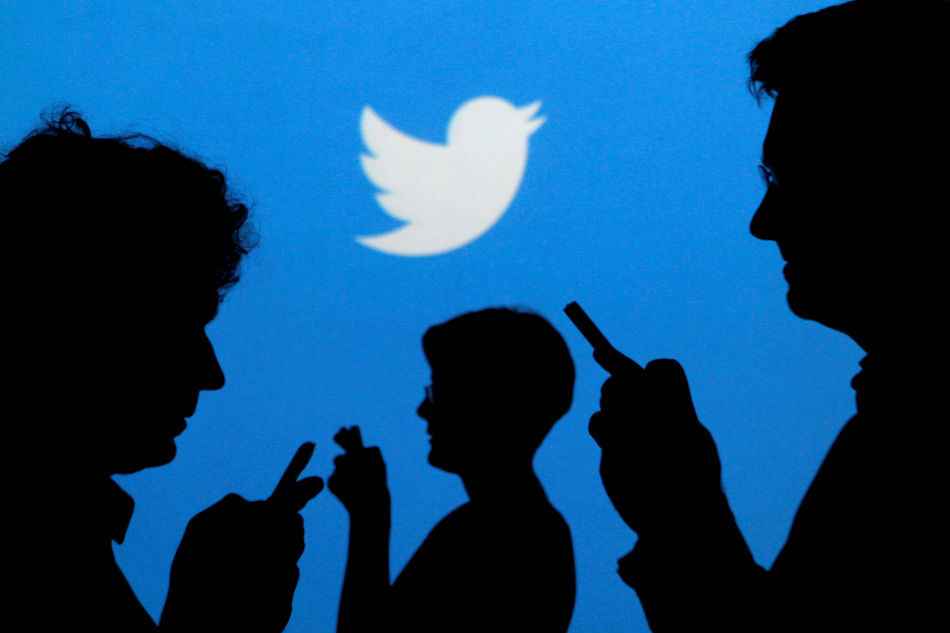Killing Twitter ‘bots’
February 22, 2018 | Expert Insights

In a bid to crack down on fake accounts or “bots”, social media giant Twitter has announced changes to its API. This includes barring services that allow users with a large number of accounts to batch tweet, follow users, retweet or like tweets.
Social media companies have been accused of fostering the spread of misinformation as well as inadvertently promoting “fake news” across the world.
Background
Tech giants like Google, Facebook and Twitter have been grappling with addressing the rise of “fake news” online in the recent years. During the Presidential elections in the US, the number of fake news websites and stories increased exponentially. These were among some of the most viral stories from that year. The spread of fake news through social media platforms was also rampant during other major elections such as the French Presidential elections.
In April 2017, Facebook and Google announced a new app called Fact Checker in hopes of curbing fake news. Google personally will not fact check articles through this product. However, it has created the “Fake Check” tag to go along with online articles that have been verified.
In 2017, online platforms Google and Twitter admitted to finding evidence of Russian interference on political content during US Presidential elections. It has been reported that Russian operatives spent tens of thousands of dollars on ads on YouTube, Google Search products and Gmail especially related to the 2016 Presidential elections. Twitter was a key platform in the Russian disinformation campaign, according to authorities. The platform has reportedly deleted tweets and other user data of potentially relevant to investigators in the Russia investigation. The company said, “We have not found accounts associated with this activity to have obvious Russian origin but some of the accounts appear to have been automated.”
The rise of ‘fake news’ wasn’t just isolated to the American elections. Fake news stories have been spreading across the world and there is generally a surge of doctored videos and stories shared during sensitive periods.
Twitter was created in March 2006 by Jack Dorsey, Noah Glass, Biz Stone, and Evan Williams and launched in July of that year. The service rapidly gained worldwide popularity.
Analysis
In a blog post, Twitter has officially announced that it will be cracking down on ‘bots’ (fake accounts) in a bid to streamline the spread of misinformation. Through changes to its API, it will now bar services that allow users with a large number of accounts to batch tweet, follow users, retweet or like tweets.
"These changes are an important step in ensuring we stay ahead of malicious activity targeting the crucial conversations taking place on Twitter -- including elections in the United States and around the world," Twitter developer policy lead Yoel Roth said in the blog post. "One of the most common spam violations we see is the use of multiple accounts and the Twitter developer platform to attempt to artificially amplify or inflate the prominence of certain tweets," Roth wrote.
This will effectively put an end to the practice of “tweetdecking”. Users on the platform have made massive profits by selling retweets. They create manufactured virality by boosting likes and retweets through ‘bot’ accounts.
Roth added, “To be clear: Twitter prohibits any attempt to use automation for the purposes of posting or disseminating spam, and such behavior may result in enforcement action.”
Twitter has also cited the US elections as one of the primary reasons for enforcing new rules. The blog post added, “These changes are an important step in ensuring we stay ahead of malicious activity targeting the crucial conversations taking place on Twitter — including elections in the United States and around the world.”
Assessment
Our assessment is that the duty of cracking down on misinformation on the internet should be shouldered by tech giants as well as governments across the world. ‘Fake’ stories have been used to further incite violence in regions that are already vulnerable. Governments across the world should accept the reality of fake news and address it as a top priority as it has the power to derail agenda.








Comments